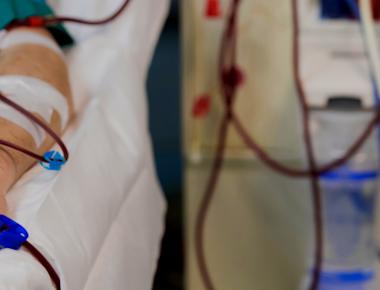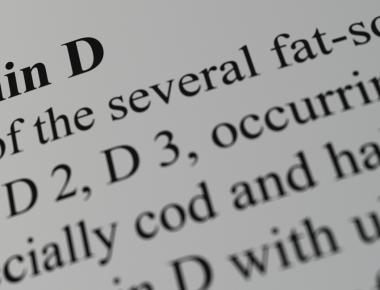
The Benefits of Magnesium in Cardiopulmonary Bypass Surgery

Table Of Contents
The Advantages of Magnesium as a Calcium Blocker During Surgery
Magnesium as a calcium blocker administered through the vein can protect the heart during cardiopulmonary bypass surgery by reducing calcium overload, improving blood flow, and reducing arrhythmias. Too much calcium in the heart muscles can lead to post-perfusion injury or after blood flow is restored to the heart after surgery.
We studied whether adding magnesium to cardioplegia (a medicine used to temporarily stop the heart during surgery) would affect patients undergoing coronary artery bypass surgery.
The Study Method on Magnesium for Patients Undergoing Coronary Artery Bypass Surgery
20 patients undergoing coronary bypass surgery were randomly and evenly divided into two groups: A control group received intermittent antegrade (introduced into the aortic root) warm blood hyperkalemic (high potassium concentration) cardioplegia to protect the heart muscle tissue. A study group received the same solution with magnesium added to the cardioplegia.
The study group was given a standard dose of 1.5 grams (g) of intravenous magnesium sulfate before surgery. A second and third doses of 1.5 g each were given in the first and second cardioplegia 20 minutes apart. The fourth dose of 1.5 g magnesium sulfate was given eight hours after the end of the operation. Magnesium was not added to the cardioplegia in the control group.
Blood samples were taken one hour before, 12, and 24 hours after the operation.
The Results
Significant differences were observed in the concentrations of creatinine phosphokinase, creatinine phosphokinase-MB group, c-reactive protein, and lactate dehydrogenase after cardiopulmonary bypass in the study group compared with the control subjects. Cardiac troponin I levels were also significantly lower in the study group after cardiopulmonary bypass.
The Conclusion
Our study indicates that if magnesium is added to intermittent antegrade warm blood hyperkalemic cardioplegia, blood levels of many markers of heart muscle injury after cardiopulmonary bypass are lowered.
Reference
Magnesium Decreases Cardiac Injury in Patients Undergoing Coronary Artery Bypass Surgery
Related Posts
Quick Links
Legal Stuff






